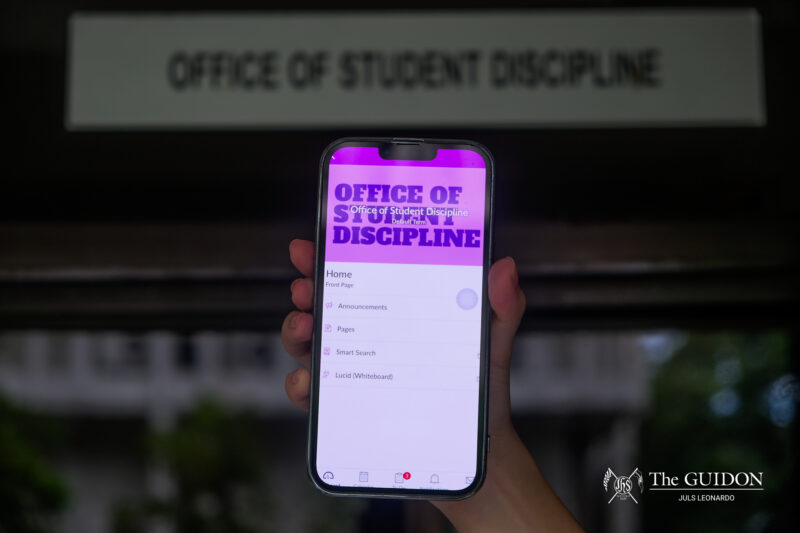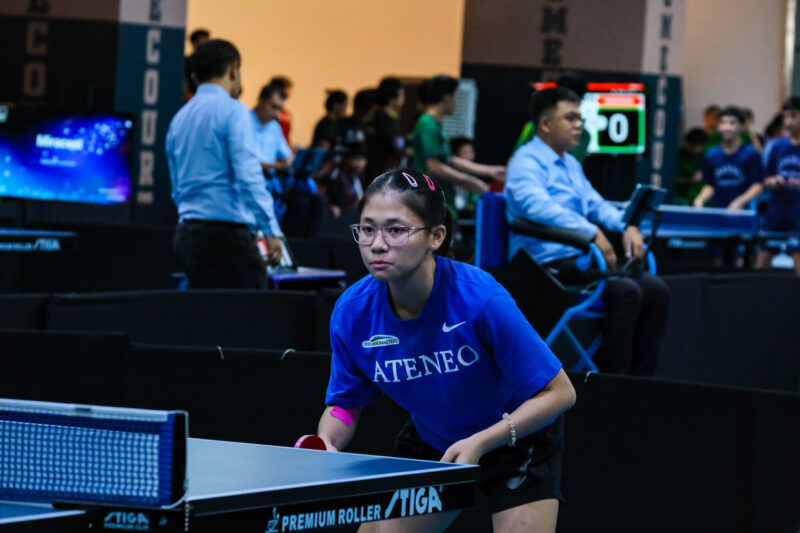THE SANGGUNIAN, the Ateneo Loyola Schools Faculty Association (ALSFA), and the Development Society of Ateneo (DevSoc Ateneo) launched resource mobilization initiative Pangga Kasangga on October 14 to provide immediate and medium-term aid to the Loyola Schools’ (LS) outsourced workers.
Given the online shift, LS workers from the Ateneo Multi-Purpose Cooperative (AMPC), Skew Matrix, Megaforce Security, Gonzaga cafeteria, and the John Gokongwei Student Enterprise Center (JSEC) were rendered unemployed due to the “no work, no pay” arrangement. Despite the early release of the prorated 13th month pay to University employees, the Board of Trustees implemented a hiring freeze on new jobs and contractual engagements.
Beyond conducting fundraisers for the affected sectors, Pangga Kasangga entails online consultations with workers, provision of medium-term assistance through livelihood opportunities, and long-term plans on reforming the University’s labor practices.
Immediate aid
ALSFA President Carmel Abao, PhD said that Filipino Department Assistant Professor Gary Devilles, PhD and ALSFA Vice President Rafael Saldaña, PhD initiated the project over concerns regarding workers’ conditions amid the University’s online shift. Sanggunian President Jb Bejarin added that the ALSFA reached out to the Sanggunian for help in organizing the initiative and later partnered with DevSoc Ateneo to ensure its sustainability.
Bejarin revealed that their first target amount of Php 135,000 was reached on November 2 through donations from alumni, administrators, faculty members, and non-government organizations. Php 5,000 was then given to each temporarily displaced worker in the AMPC.
The fundraising for Skew Matrix and five JSEC employees are currently ongoing, alongside consultations with Megaforce Security and Blue & Gold regarding the next phase of fundraisers.
Bejarin said that they are also directly consulting and communicating with the workers through Facebook so that the latter can communicate their immediate needs via polls and group chats. They aim to hold at least one online consultation with the workers per week, though this schedule is flexible depending on the workers’ availability.
“The focus is not really on what support is given, but it’s focused on what resources are mobilized depending on the context and the need of the sector involved. We treat each group as a sector, and we consult them before making calls for aid,” Bejarin said.
Sustainable support
Abao said that Pangga Kasangga is more than just a fund drive as it generates income for workers who have lost their source of income. In line with this, Bejarin discussed two medium-term projects in the works, tentatively named Pangga Kasosyo and Pangga Katrabaho.
Pangga Kasosyo includes livelihood opportunities and capacity-building in financial literacy, setting up businesses, and technical-vocational livelihoods. Meanwhile, Pangga Katrabaho involves job placement services such as résumé crafting, job matching, and linkages to micro, small, and medium enterprises.
Bejarin added that they are also looking into providing peer support and spiritual companionship. However, he clarified that all of these initiatives will depend on the partnerships that they have yet to formalize.
He also mentioned donor fatigue and finding external partners as the project’s main challenges. The latter was especially difficult due to the limitations of online meetings, prompting the launch of more communications campaign materials to reach other donors.
“We’re taking a more proactive approach to reach potential groups who can help directly. We aim to penetrate the org community in trying to help out, kasi some of them naman have projects catered to livelihood and business,” Bejarin said.
Workers’ welfare
DevSoc Ateneo President Angel Oviatt said that they are in need of legal assistance as there have been difficulties in communicating how these workers would be laid off. Bejarin clarified that they have to probe the suspension of the workers’ job contributions for the Social Security System, Pag-IBIG, and PhilHealth.
“[The AMPC workers] wrote a letter directly to the Board of Directors for an explanation of their temporary dismissal. They are open to negotiation, but I believe it’s been difficult for them to contact since it has to be through formal dialogue,” Oviatt explained.
Abao further reiterated that the Ateneo is responsible for negotiating with contracting parties. She expressed that the Ateneo should be concerned with their outsourced workers since they provide vital service to the community.
To ensure better protection for workers’ rights, Abao stated that the ALSFA has been discussing an audit for the Ateneo’s labor practices on contractualization and regularization. She mentioned that the University needs to reform its labor practices to stay “true to its word of magis.”“In Ateneo, we keep on doing donation drives for health workers, frontliners. […] We’re always advocating for something outside. This is happening in our own backyard, so hindi pwede na we turn a blind eye. We cannot not look at this kasi this is on our campus,” Abao said.






